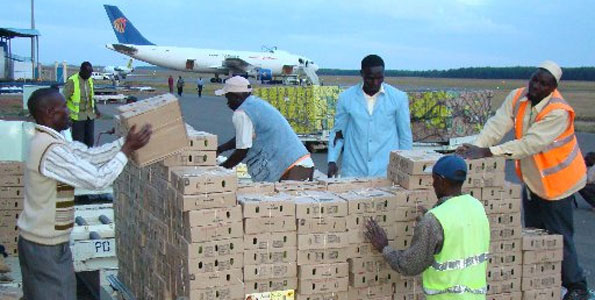Zim’s digital life quality among world’s lowest
ZIMBABWE has been ranked 115th out of 121 countries globally in terms of digital wellbeing, indicating a poor quality of digital life owing to poor regulatory support, a new index has shown.
In the 5th annual Digital Quality of Life Index (DQL) from the Netherlands-based cybersecurity firm, Surfshark, Zimbabwe’s 115th ranking is a fall of six places from last year.
The DQL ranks 121 countries based on five pillars, namely: internet affordability, internet quality, electronic infrastructure, electronic government and electronic security (e-security).
Surfshark spokesperson Gabriele Racaityte-Krasauske said it was “troubling to see that Zimbabwe ranks so low in the DQL Index. In many nations, ‘digital quality of life’ has merged into the broader concept of overall ‘quality of life’,” she said.
“There’s no other way to look at it now that so many daily activities, including work, education and leisure, are done online. That’s why it’s crucial to pinpoint the areas in which a nation’s digital quality of life thrives and where attention is needed, which is the precise purpose of the DQL Index.”
According to Surfshark, Zimbabwe performed best in e-security, claiming 105th place, while facing challenges in internet affordability, ranking 120th.
E-security measures how well a country is prepared to counter cybercrime, as well as how advanced a country’s data protection laws are.
For Zimbabwe, its ranking means that the country is unprepared to fight against cybercrime, owing to very low data protection laws.
“The nation ranks 106th in e-infrastructure, while 111th in internet quality and e-government. In the overall index, Zimbabwe lags behind Zambia (102nd) and Tanzania (113th). Overall, African countries lag behind in digital quality of life, Zimbabwe taking 21st place in the region,” Surkshark stated in its report.
“Advanced e-infrastructure makes it easy for people to use the internet for various daily activities, such as working, studying, shopping, etc. This pillar evaluates how high internet penetration is in a given country, as well as its network readiness (to take advantage of information and communication technologies). Zimbabwe’s internet penetration is low (56% — 100th in the world), and the country ranks 114th in network readiness.”
The firm stated that the e-government pillar showed how advanced a government’s digital services are and a country’s artificial intelligence readiness; and for Zimbabwe, its ranking is well below the global average.
Zimbabwe’s internet quality is at 37% lower than the global average, while the internet remains highly unaffordable compared to other countries.
“Zimbabweans have to work 72 hours 39 minutes a month to afford fixed broadband internet. It is 243 times more than in Romania, which has the world’s most affordable fixed internet (Romanians have to work 18 minutes a month to afford it),” Surfshark noted.
“Zimbabweans have to work 6 hours 41 minutes 52 seconds a month to afford mobile internet. This is 25 times more than in Luxembourg, which has the world’s most affordable mobile internet (Luxembourgers have to work 16 minutes a month to afford it).”-newsday








